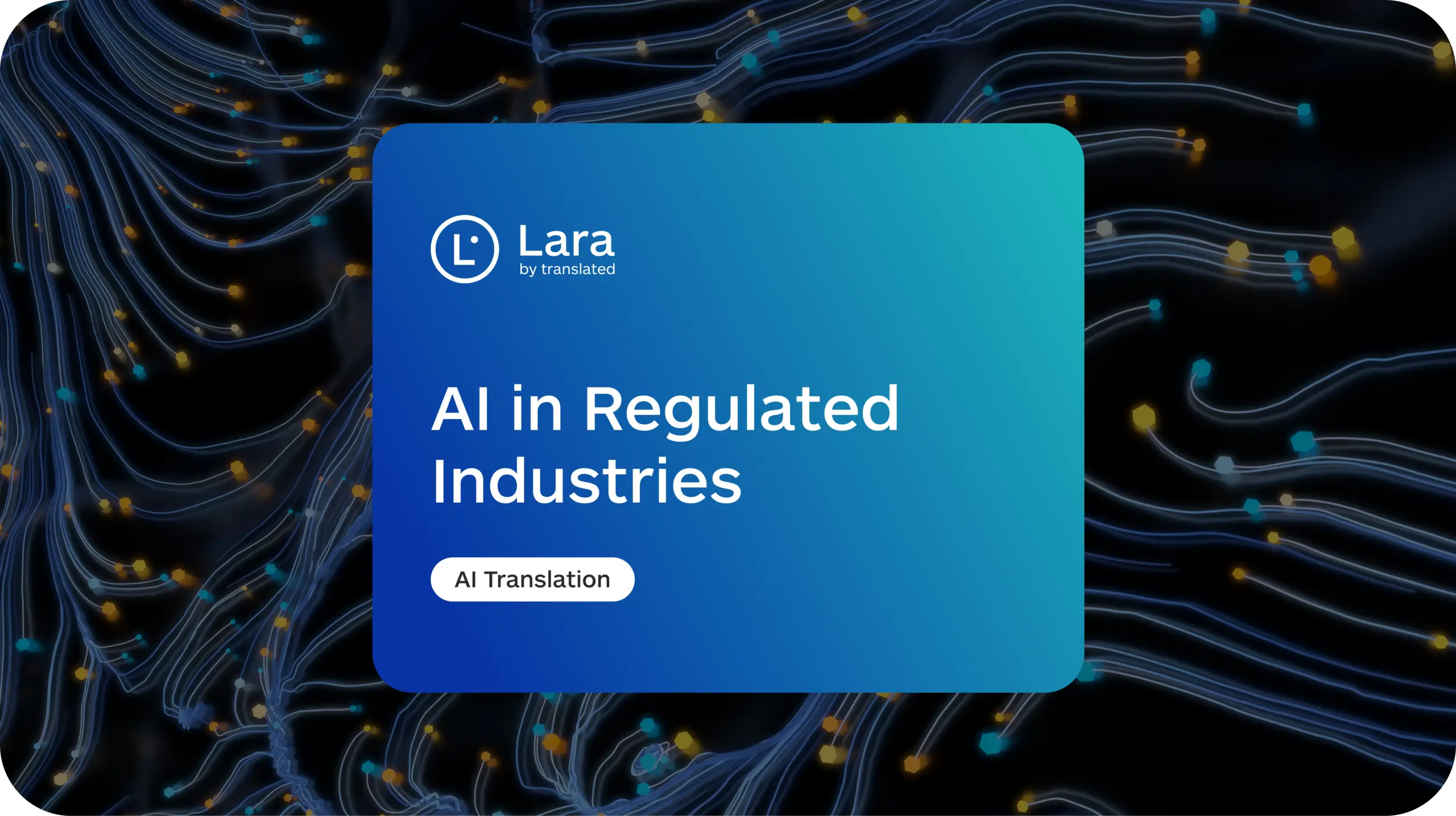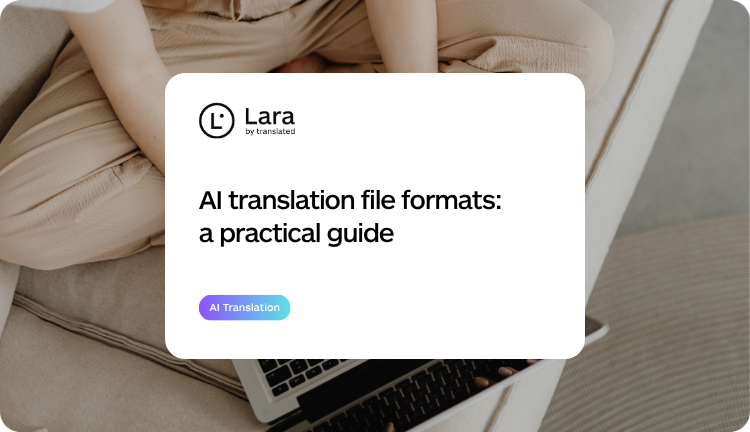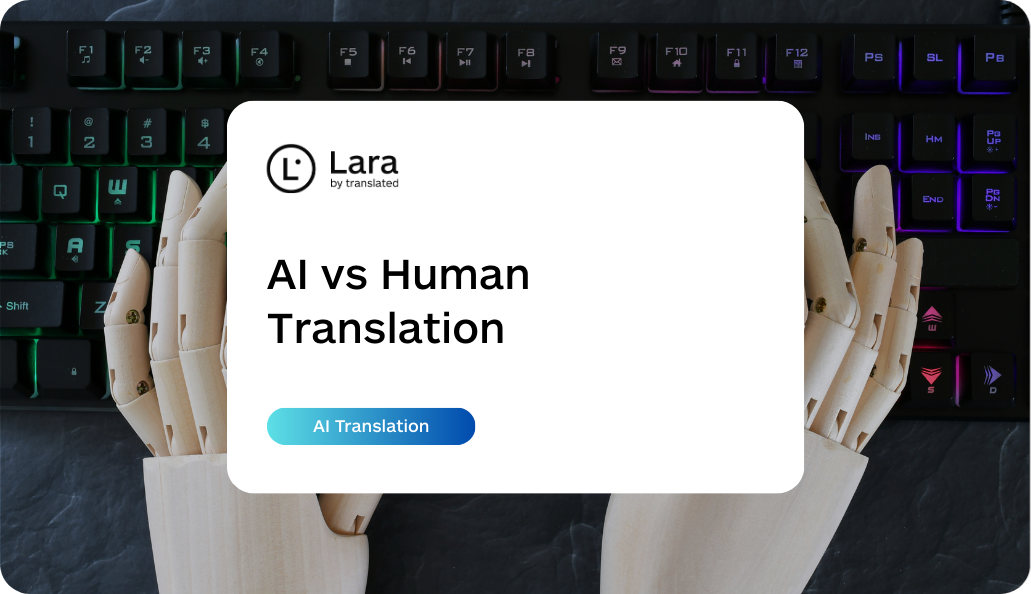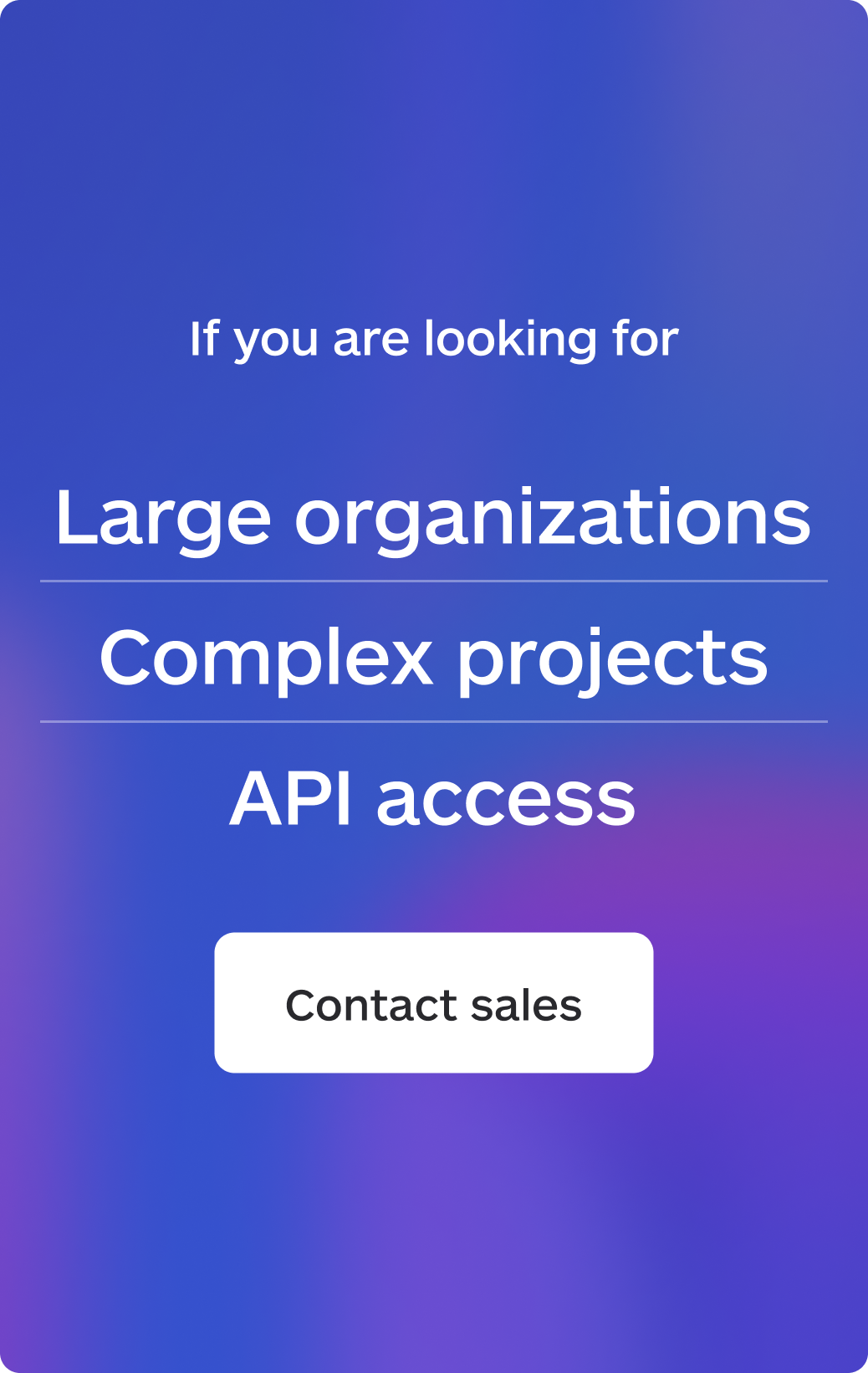Artificial intelligence has revolutionized translation – but when it comes to industries like healthcare, law, and finance, accuracy and data protection aren’t optional. How do we embrace AI without compromising ethics or compliance?
How to harness the power of AI responsibly when accuracy and privacy are non-negotiable
Artificial intelligence is transforming the way we communicate across languages. From streamlining global collaboration to enabling instant access to multilingual content, AI translation tools – like Lara Translate – are fast becoming indispensable. But in industries where precision, confidentiality, and compliance are mission-critical, deploying AI comes with serious legal and ethical implications.
Why regulated industries face unique translation risks
Sectors like healthcare, law, finance, and government deal with highly sensitive data. Whether it’s a clinical report, a legal brief, or a financial disclosure, even minor translation errors can have serious legal, financial, or human consequences. Moreover, strict data protection regulations—such as the GDPR in Europe or HIPAA in the U.S.—place heavy responsibility on how personal or confidential data is processed and stored.
Translation accuracy: A legal and ethical obligation
One of the core challenges is maintaining the integrity of meaning. In regulated industries, a mistranslation isn’t just inconvenient -it could be a compliance violation or a patient safety issue. This is where Lara Translate’s Faithful translation style becomes essential. Designed to preserve the original structure and meaning, it provides the linguistic accuracy required for legal and technical documents.
Data privacy: Trust is earned through transparency
Another concern is how translation data is handled. Organizations need to know: is this information stored? Is it used to train models? Lara Translate addresses this head-on by offering two distinct translation modes:
- Learning Mode, where encrypted translations help improve the system over time
- Incognito Mode, which ensures that no data is stored – ideal for confidentiality-critical workflows
This gives users full control, aligning with global privacy regulations and corporate risk management policies.
Ethics beyond compliance: Human oversight still matters
Even with advanced AI, professional judgment is irreplaceable. Lara Translate encourages responsible use by offering translation quality feedback and prompting users when source texts are ambiguous. This helps prevent misinterpretations and promotes ethical decision-making when AI alone isn’t enough.
What’s more, Lara Translate is developed by Translated, a leading localization company with over 20 years of experience in the field. Behind the platform stands a global network of 500,000+ professional freelance translators, a unique asset that ensures human expertise can complement AI to handle sensitive or high-stakes content.
In regulated environments, this hybrid approach – combining cutting-edge AI with human validation – is not just ideal; it’s often necessary.
Leveraging Translation Memories and Glossaries
To further improve accuracy and consistency, organizations should consider using translation memories (TMs) and glossaries. These tools are vital for sectors where terminology is non-negotiable:
- Translation memories store previously approved translations and automatically reuse them where applicable.
- Glossaries define how specific terms should always be translated, reducing ambiguity and ensuring regulatory or brand alignment.
Whether you’re translating medical guidelines, contractual language, or financial disclosures, TMs and glossaries help maintain precision across all touchpoints.
Tools like Lara Translate support the use of both translation memories and glossaries, enabling users to leverage their existing content for more consistent, accurate, and compliant outputs.
The role of AI in responsible innovation
AI can increase speed and efficiency, but its implementation must be ethical, transparent, and aligned with legal requirements. In regulated industries, responsible AI translation is built on three pillars:
- Stylistic accuracy that respects the form and function of source texts.
- Privacy-first infrastructure that safeguards sensitive data.
- Human oversight that catches what machines might miss.
When these conditions are met, AI translation becomes not just viable – but transformative.
Final Thoughts
AI translation is here to stay, but in regulated industries, speed must never compromise safety or ethics. Tools like Lara Translate, especially when paired with expert human oversight, allow organizations to leverage innovation without increasing risk.
As laws evolve and technology advances, staying informed – and choosing tools built for responsibility – is essential.
Useful links
- AI Translation Benefits
- Key Features of AI Translation: A Deep Dive into Modern Language Technology
- How AI Translation Can Help Businesses Expand into International Markets
- Best AI Tools for Business in 2025: The Ultimate Guide
- Lara Translate Expands to 32 Languages
- How to Expand Your Business with Translations
FAQs
Is human review still necessary when using AI for translation?
Yes – especially in regulated industries. Human oversight ensures contextual accuracy and helps prevent legal or ethical issues that AI alone may overlook.
How do translation memories and glossaries improve compliance?
By standardizing recurring terms and phrases, they reduce ambiguity and improve consistency across documents—an essential factor in legal, medical, and financial content.
Can AI be used for confidential documents?
Yes, if the tool offers features that allow you to opt out of data storage or learning, ensuring full confidentiality.
This article is about:
- AI translation in healthcare, legal, and financial contexts
- Regulatory compliance and GDPR/HIPAA considerations
- Ethical translation practices and user responsibility
- Lara’s Incognito Mode and Faithful style as risk mitigation tools





